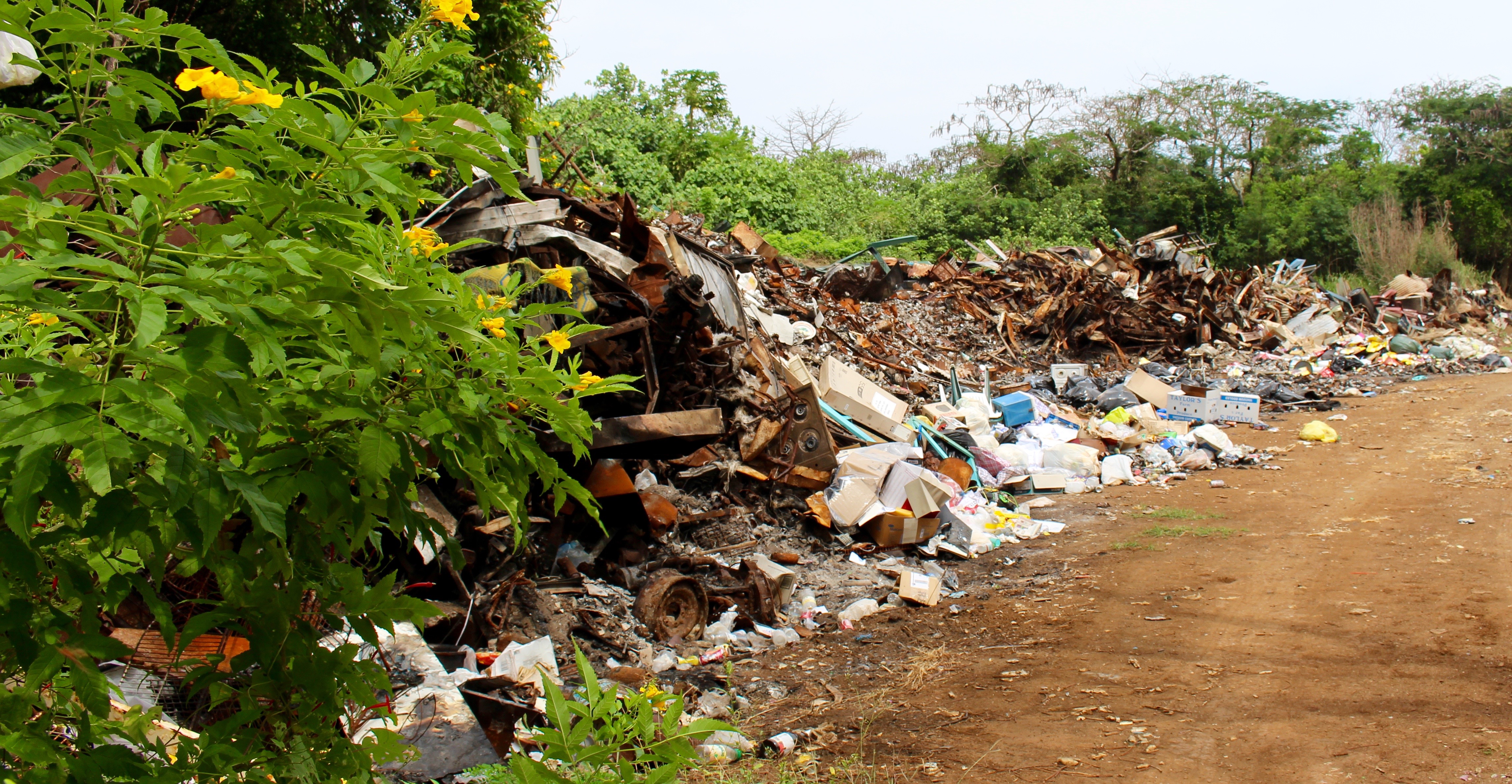
Climate Change Adaptation
Our island communities, ecosystems, infrastructure, livelihoods and wellbeing are being impacted by the changing climate.
We deliver essential-to-life infrastructure, such as seawalls, which are responding to rising sea levels as a result of climate change.
Our communities also face water shortages (due to El Niño), and severe coral bleaching on our Great Barrier Reef, which travels right up through the Torres Strait. These impacts, including rising sea temperatures, hit hardest in communities north of Cooktown.
Transitional Action Plan
Our carbon footprint
In June 2015, we conducted an assessment of our carbon footprint.
The assessment focused on carbon emission generators such as:
- electricity for running Council water and sewerage infrastructure
- power and lighting to Council buildings
- street lighting across Torres Strait Island communities.
We took into account fuel in council vehicles and air travel taken by staff and councillors for business.
We conducted carbon calculations using ratio factors from the:
Projects
Governance History
| When | What | Who |
|---|---|---|
| Pre-1872 | People of the Torres Strait govern themselves as entirely sovereign peoples. | Torres Strait Islanders |
| 1871 | Christian missionaries land on Erub. The date, 1 July, is now celebrated annually across the Torres Strait as "The Coming of the Light". | Missionary/Church |
Stormwater Services
Our stormwater assets include:
- engineered pipes, culverts, channels and retarding basins
- natural creeks and waterways
- constructed vegetated stormwater systems, such as swales.
We are focused on minimising local flooding risks by discharging stormwater as quickly and efficiently as possible.
We aim to provide flood control by carrying away large volumes of water and mitigating local flooding as well as controlling the impacts of erosion.
Wastewater Services
Council provides a wastewater (sewerage) service in 12 of 15 outer islands communities. Septic tanks are used on the other three islands.
Our wastewater assets include:
Waste Facilities & Charges
TSIRC are trialling recycling on Warraber with the view to introducing it to our other communities.
Council collects household garbage twice a week.
There is currently no charge to dispose domestic waste at our tips.
For commercial rubbish disposal see our Register of Fees & Charges.
If you have questions on waste disposal and garbage runs, see your Divisional Engineering Officer (DEO) at your local Divisional Office.
Waste Management
Seaports, Airports and Roads
Roads
We have an extensive road network that services our 15 communities.
We're responsible for maintenance, repair, reconstruction and rehabilitation of:
- 43.5 kilometres of bitumen roads
- 13.5 kilometres of concrete roads
- 12.3 kilometres of paver roads
- 20.6 kilometres of unsealed roads
- 2 bridges
- kerbs, culverts and storm water drains.
Our goal is to ensure the road networks are maintained to standards suitable for vehicle and pedestrian traffic.